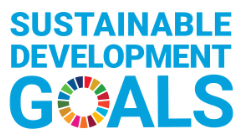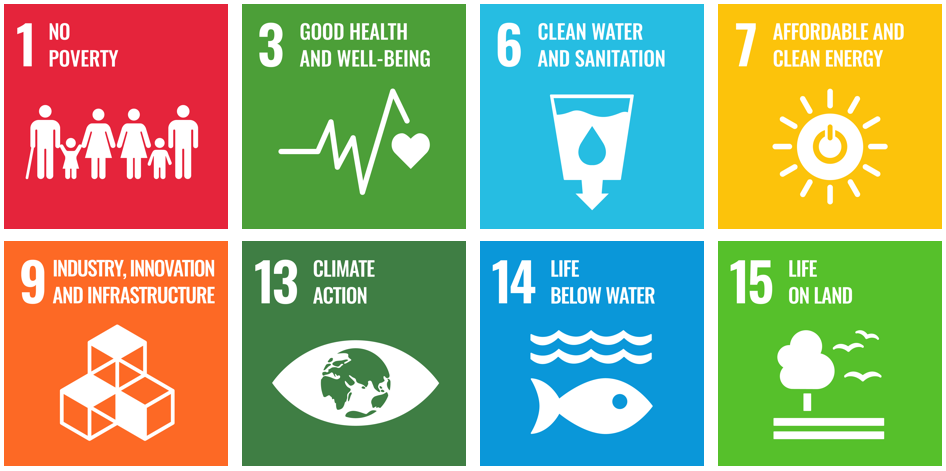
Protecting the Global Environment with Japanese Technology!
In September 2015, at the Sustainable Development Summit held at the United Nations Headquarters in New York, 17 SDGs (Sustainable Development Goals) were set out to be achieved by 2030 in order to eradicate poverty and promote peace in the world. At present, various initiatives are underway in Japan and around the world.
Contributing to the SDGs through the Effective Use of Urban Oil Field Resources
Currently, about 9 million tons of waste plastic and 1.03 million tons of waste tires are discharged annually in Japan. When converted to oil, this amount is about 7.61 million kiloliters, which is equivalent to about 12% of Japan’s annual crude oil imports of 61.97 million kiloliters. The waste tires disposed of in Western countries are sent to Southeast Asia, where they are burned to produce low-quality oil, blackened with soot and filled with acrid smoke. In the areas around the workplaces, air and soil pollution due to particulate carbon, dust, oil and grease contained in the burned residue, and human suffering such as eye and throat irritation, breathing difficulties, bronchitis and other respiratory diseases have been observed. According to the UN tariff data, the import trade of waste tires from Southeast Asian countries has doubled since 2015-16.
In the future, we will reuse waste tires and plastics as resources by converting them into oil in our own countries without the expense and energy of transporting them, and if we do process them in other countries, we will provide safe, economical, and environmentally friendly technologies so that people can engage in the process safely and without suffering, without damaging the environment of the processing country. We are contributing to the SDGs by providing safe, economical, and environmentally friendly technologies so that people can engage in processing in other countries without destroying the environment of those countries.
Contributions Required to Achieve the SDGs Goals
In recent years, as discussions on global warming countermeasures have progressed worldwide, concrete actions to reduce greenhouse gas emissions have been strongly called for, and international efforts have been made to solve problems such as illegal dumping and landfilling of waste plastic and marine pollution. As a result, since 2017, foreign countries have been imposing restrictions on the import of waste plastics, and more than one million tons of waste plastics have been lost annually in Japan. Against this backdrop, the collection of illegally dumped waste plastics, including those in the oceans, and the digging up of landfills, as well as the processing of collected waste tires and plastics into oil, are contributing to the achievement of the 17 goals of the SDGs as a fourth recycling method that is environmentally, economically, and socially sustainable. This is the fourth way to recycle waste tires and plastics.



